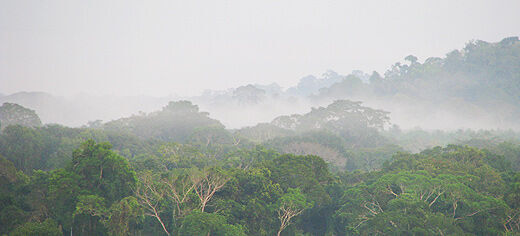
Amazon rainforest survey could improve carbon offset schemes
Carbon offsetting initiatives could be improved with new insights into the make-up of tropical forests.

Carbon offsetting initiatives could be improved with new insights into the make-up of tropical forests.
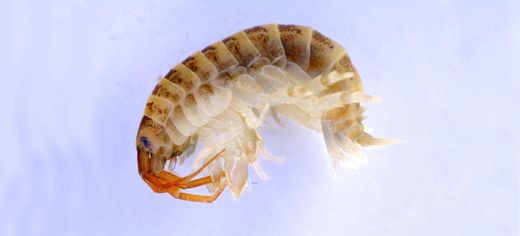
Foreign species that are devastating water ecosystems could be "hitchhiking" around Britain on canoeists' and anglers' kit, according to a new study.
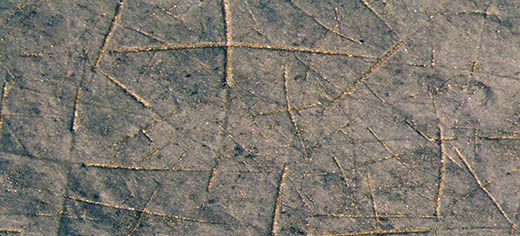
The first animals may have oxygenated the Earth's oceans - contrary to the traditional view that a rise in oxygen triggered their development, according to a study published in Nature Geoscience.
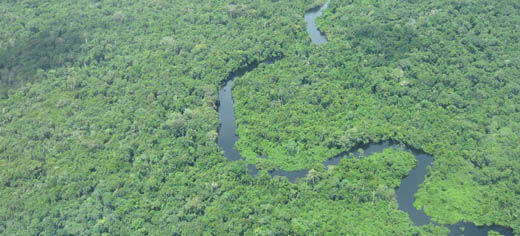
As the climate changes, the Amazon Basin may release more carbon dioxide into the atmosphere than it absorbs, according to a new study published in the journal Nature.

A multi-million pound centre for "big data" analytics at the University of Leeds will lead to unprecedented new insights into society, business and health in the UK.

The University of Leeds has announced a £60m fundraising campaign to create new student opportunities, push forward its research and support its vision of a place among world-leading universities.
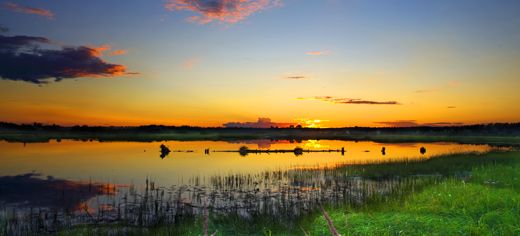
The University of Leeds is spearheading the drive to recruit the next generation of environmental scientists.
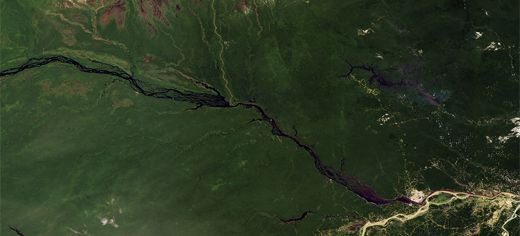
For the first time, astronomers and global change researchers are collaborating to measure changes at a global scale on our own planet, beginning with tropical forests.
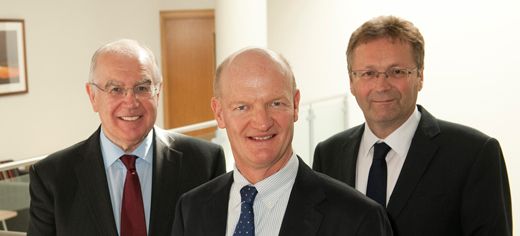
Innovative partnerships between the University of Leeds and key medical technologies companies were highlighted at ministerial level.

Policymakers often talk about moving towards a green society, but in the largest study of its kind, an international team of researchers has found that this would restrict economic growth.